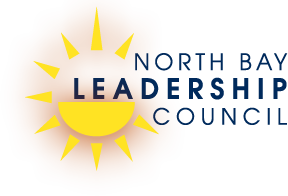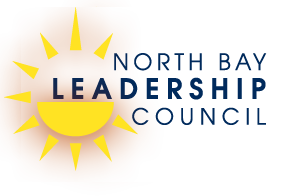The Buck Institute for Research on Aging Study Suggests Potential Therapy For COVID-19
Could a molecule our bodies make naturally play a role in treating COVID-19?
It’s possible, according to scientists at The Buck Institute for Research on Aging, a Novato-based independent biomedical research institution whose mission is to extend the healthy years of life.
In an article published July 15 in the journal Med, Buck Institute professor and lead author Dr. John Newman, along with a group of colleagues, suggest ketone bodies could be a possible treatment for viral respiratory infections, such as seasonal flu and SARS-CoV-2, the virus that causes the disease COVID-19. Ketones are chemicals the liver produces when there isn’t enough insulin to turn sugar into energy.
“My lab, in general, studies how metabolism regulates aging mechanisms, and a big part of that is about ketone bodies as molecules that are involved in our body’s metabolism, but that we found have effects on mechanisms of aging,” said Newman.
That’s where COVID-19 could have a role, given the disproportionate impact that the novel coronavirus has on older adults in terms of death and lasting disability, and the impact of common aging-related comorbidities like diabetes and cardiovascular disease, according to Newman.
“I almost think of COVID-19 as a disease of aging, which doesn’t mean it’s a disease of old people,” said Newman, who also is a practicing geriatrician at the VA Hospital in San Francisco. “It affects people throughout their lifespan, but very much in the same proportions that other diseases of aging do, like diabetes and cardiovascular disease. You can get these when you’re young, but you’re more likely to get them when you’re older, and they’re more likely to be worse.”
Newman cautions, however, that no matter a person’s age, they should not think they can ward-off COVID-19 by switching to a ketone diet.
“I want to be clear that there is no evidence that a ketogenic diet is protective in any way against COVID-19,” Newman said in a press release announcing the publication of the review. In fact, he added, there may be instances where the primary ketone body, beta-hydroxybutyrate acid, known as BHB, could actually promote viral replication.
“But given the promise that BHB shows against many of the age-related risk factors for COVID-19 … we want to take advantage of this unique opportunity to bring geroscience to the fight against COVID-19,” he said.
Newman and Eric Verdin, CEO of the Buck Institute and a contributor to the review in Med, also are co-founders and shareholders in BHB Therapeutics LTD., which is developing products related to ketone bodies.
So far, small clinical trials in humans have shown that BHB can improve cardiac function in people with heart failure and also help with their cognitive health. BHB also shows promise against type 2 diabetes.
Now, according to the release, doctors at Johns Hopkins University plan on testing a ketogenic diet on a small group of intubated COVID-19 patients.
The intersection of the science of aging and treating older adults
Newman’s work as a geriatrician at the VA Hospital extends beyond treating older patients for the underlying disease that put them in the hospital — which now includes COVID-19. It also involves preventing lasting problems just from being hospitalized for a long time.
“Dying is not the only bad outcome from COVID-19,” said Newman, noting that some people who survive have long-term severe memory impairments, extreme exhaustion and weakness from muscle wasting after an extended hospital stay.
“I think this is one of the things that’s underappreciated and may turn out to be worse than we feared, that when people get really sick from anything and they’re in the hospital, it’s not just about surviving, but it’s trying to help people survive with their lives intact,” Newman said. “People don’t realize that an awful lot of people — maybe even most people who are in the ICU on a ventilator for any reason — are not going to come out of that being the same person they were before.”
And so the work continues toward understanding and treating COVID-19.
“Honestly, this is the biggest public health crisis that we’re going to face for the next couple of years, at least,” Newman said. “So this paper (in Med) is our vision for how we can, as quickly as possible, do the basic and the clinical science to tell us how ketone bodies might be useful to help keep people from dying and from getting disabled.”

